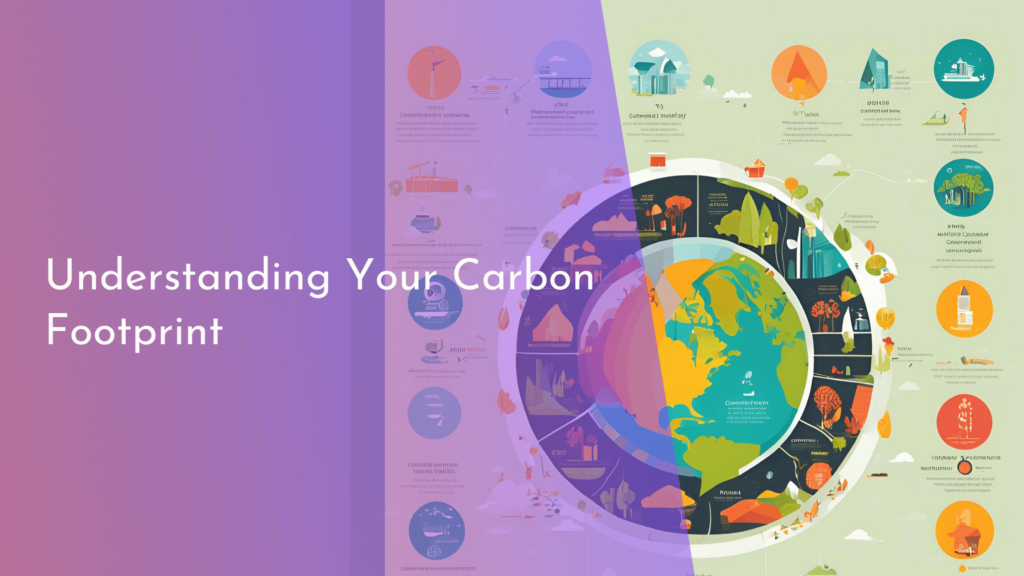The Role of Compost in Natural Pest Prevention
In an era where sustainable gardening practices are becoming increasingly important, the role of compost in pest prevention is often overlooked. Composting not only enriches soil health but also plays a vital role in creating a thriving ecosystem that naturally deters pests. By understanding the benefits of compost and leveraging its potential, gardeners can cultivate lush gardens while minimizing their reliance on chemical interventions.
This article explores how composting boosts plant health, the secrets behind nutrient-rich compost ingredients, its role as a natural pest shield, and how it enables gardeners to enjoy flourishing gardens with less dependence on harmful chemicals. Let’s dig in!
Discover How Composting Boosts Plant Health Naturally
Composting enriches the soil with essential nutrients that plants need for robust growth. When organic materials like kitchen scraps, yard waste, and leaves decompose, they transform into a rich compost that enhances soil structure. This improved soil composition allows for better aeration, water retention, and drainage, creating an ideal environment for plants to thrive. Healthy plants are more resilient and better equipped to fend off diseases and pests, forming the first line of defense in your garden ecosystem.
Moreover, the diversity of microbes and beneficial organisms that thrive in compost enhances soil fertility. These microorganisms break down nutrients into forms that plants can easily absorb, promoting vigorous plant growth and vitality. The healthier your plants are, the less likely they are to attract pests or suffer from infestations, allowing for a more balanced and self-sustaining garden environment.
Uncover the Secrets of Nutrient-Rich Compost Ingredients
The secret behind effective compost lies in its ingredients. Compost is most effective when it contains a diverse mix of "greens" and "browns." Greens include nitrogen-rich materials such as vegetable scraps, grass clippings, and coffee grounds, while browns provide carbon and include dried leaves, straw, and shredded paper. This balance is crucial because it facilitates the composting process, allowing beneficial microbes to flourish and break down organic matter efficiently.
Additionally, certain compost ingredients can naturally deter pests. For instance, adding herbs like rosemary, basil, or mint can release aromatic compounds that repel unwanted insects. Incorporating certain vegetable scraps, such as onion and garlic peels, can also act as a natural pest deterrent. By carefully selecting your compost ingredients, you can create a nutrient-rich blend that not only nourishes your plants but also helps keep pesky pests at bay.
Composting: A Natural Shield Against Garden Pests
Healthy soil translates to healthy plants, which are less susceptible to pest attacks. When plants receive adequate nutrition from compost, they develop stronger immune systems, making them resilient against common garden pests. Additionally, compost encourages the presence of beneficial insects and organisms, such as ladybugs and predatory nematodes, that naturally control pest populations. This creates a balanced ecosystem where pests have fewer opportunities to thrive.
Furthermore, compost can improve the overall biodiversity of your garden. A diverse plant population can disrupt pest life cycles and make it harder for pests to find a suitable host. By promoting a varied ecosystem through the use of compost, gardeners can create a self-regulating system where natural predators help control pest populations without the need for harmful pesticides.
Enjoy a Flourishing Garden with Less Chemical Dependence!
The benefits of composting extend far beyond pest control; they culminate in a flourishing garden that thrives on natural processes rather than chemical inputs. By embracing composting, gardeners can significantly reduce their reliance on synthetic fertilizers and pesticides, thus contributing to a healthier environment. This shift toward natural gardening enhances soil health, protects local waterways from chemical runoff, and fosters biodiversity in both plant and animal life.
Ultimately, composting empowers gardeners to take control of their gardening practices while promoting sustainability. With a little effort and patience, gardeners can transform kitchen scraps and yard waste into a powerful ally in the fight against pests, paving the way for vibrant and resilient gardens that celebrate nature’s harmony.
Composting is not just a method of waste reduction; it’s a transformative practice that nurtures your garden’s health and resilience. By understanding the roles that compost plays in natural pest prevention, you can cultivate a thriving garden ecosystem that flourishes without excessive chemical dependence. So grab your compost bin and start your journey toward a more sustainable, vibrant garden today—your plants (and the planet) will thank you!


